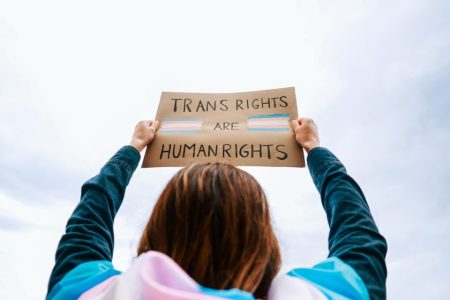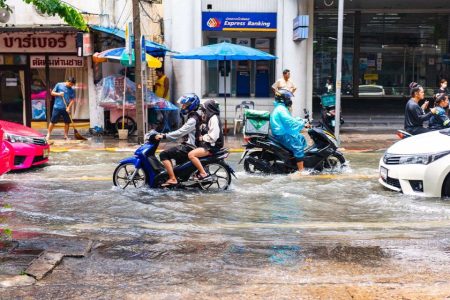Offshore gambling firms, formally known as Philippine Offshore Gaming Operators (POGOs), are now officially banned in the Philippines after the country’s President Ferdinand Marcos Jr. issued an immediate order on Monday.
During his State of the Nation speech, which was reported by multiple media outlets, Marcos stated that the establishment of new POGOs was now prohibited, while pre-existing ones would have until the year’s end to terminate their business in the Philippines.
In justifying the move, Marcos stated that despite the online casinos having a veneer of legitimacy, “their operations have ventured into illicit areas furthest from gaming such as financial scamming, money laundering, prostitution, human trafficking, kidnapping, brutal torture and even murder.”
The ban comes in the wake of multiple raids on POGO sites in provinces such as Tarlac and Pampanga, where law enforcement officials uncovered evidence of human trafficking and scam-related activities.
[See more: Gambling crime is up 75 percent year-on-year]
It also coincides with growing calls among legislators, business leaders and other prominent figures to outlaw such operations, which has led to the Philippines incurring an economic loss of 265.74 billion pesos (US$4.55 billion) per year, according to the Department of Finance.
This figure far outweighs the annual revenue of 166.49 billion pesos (US$2.85 billion) from the industry, with the authorities reporting that POGO operations could also adversely impact the country’s reputation and overseas investment.
According to official statistics, there were 38 POGOs or “Internet Gaming Licensees” as of 16 July 2024. However, the country’s gambling watchdog has stated that there were as many as 250 to 300 unlicensed POGOs in existence.
POGOs first came to prominence in 2016, with their numbers growing significantly under President Rodrigo Duterte, who was in office from 2016 to 2022. At their height, there were some 300 of these offshore gambling firms, many of which originated from China, where gambling is illegal with the exception of Macao and Hong Kong.






